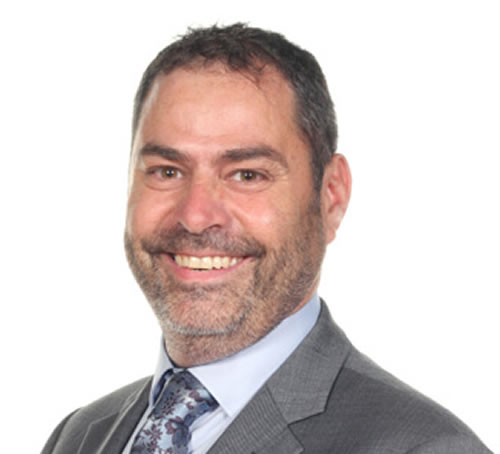Hammersmith Academy Head Speaks Out Over Loss of Free Travel
Gary Kynaston says move will hit poorer students hardest

Gary Kynaston. Pciture: Hammersmith Academy
A prominent headteacher of a school in Shepherd’s Bush has spoken of his concern for children from poorer backgrounds, who for the first time face having to pay for bus journeys to school.
Gary Kynaston, of Hammersmith Academy, said the added costs will put pressure on families when times are tough.
“My concern about the end of free travel is that it will hit our poorest students most, especially those that have to come the greatest distance,” said Mr Kynaston, who also chairs Hammersmith and Fulham’s Schools Forum. “In particular our 6th form students who tend to live further away.
“The principle is the same for any other year group and the pressure on our families that are balancing scarce resources and money with rising food costs and insecure incomes. This additional cost will add pressure although I understand the desire to reduce numbers on public transport.”
Ending free travel for under-18s was among the terms of TfL’s £1.6 billion Government bailout, after it faced bankruptcy due to continued loss of fare revenue.
But it has coincided with the partial reopening of primary schools this week (June 1-5). Reception, year 1 and year 6 children have been returning to classrooms, though many rely on buses for getting to school.
Later this month, secondary schools are due to welcome back year 10s and year 12s, who are even more reliant on buses for their longer commutes.
The Government’s Department for Transport (DfT) said it hoped the temporary suspension of children’s free travel would encourage more walking and cycling, and prevent overcrowding on buses.
A DfT spokesperson said, “We are working constructively with TfL on ways to reduce demand on the network during the Covid-19 crisis, including looking into the option of temporarily suspending free travel for under 18s.
“We have also published clear advice that urges people to avoid public transport if possible, and announced £2 billion in funding to encourage even more people to begin cycling and walking.”
The Department for Transport did not respond to questions about when the temporary suspension of children’s free travel might end.
Last month, London Mayor Sadiq Khan, who chairs TfL, said: “It is abundantly clear that losing free travel would hit the poorest Londoners hardest at a time when finances are stretched more than ever.” Although he understood the need to “reduce the numbers of children using bus services”.
Meanwhile, Conservative-run councils in central London have also voiced concern.
Councillor Josh Rendall, Kensington and Chelsea’s lead member for schools, said: “We hope to see free travel for under-18s reinstated as soon as possible so that the children from across London who learn in our fantastic schools can easily and safely get to school. No matter what happens, children with special educational needs will continue to be supported with safe travel.
“With lower capacity on public transport, we are also encouraging more schools to make their streets car free at the beginning and end of the school day to support walking and cycling.”
A spokesperson for Westminster Council said: “Any change in travel costs clearly would have implications for all families, particularly those on lower incomes.
“Our priority is to continue to work with TfL and central Government to ensure there is the minimum disruption possible to getting children to school.”
Other terms of TfL’s bailout included temporarily suspending free travel for over-60s during morning peak hours.
The congestion charge was also brought back earlier this month and it will be subject to a rise in cost, from June 22.
Owen Sheppard - Local Democracy Reporter